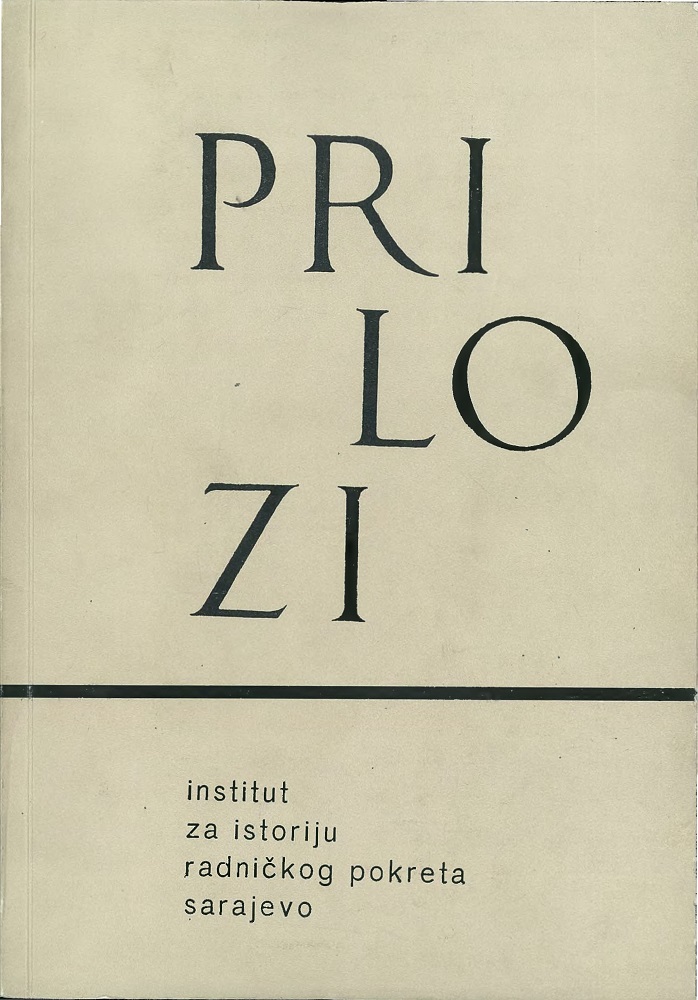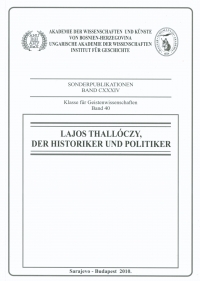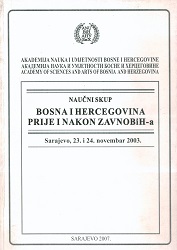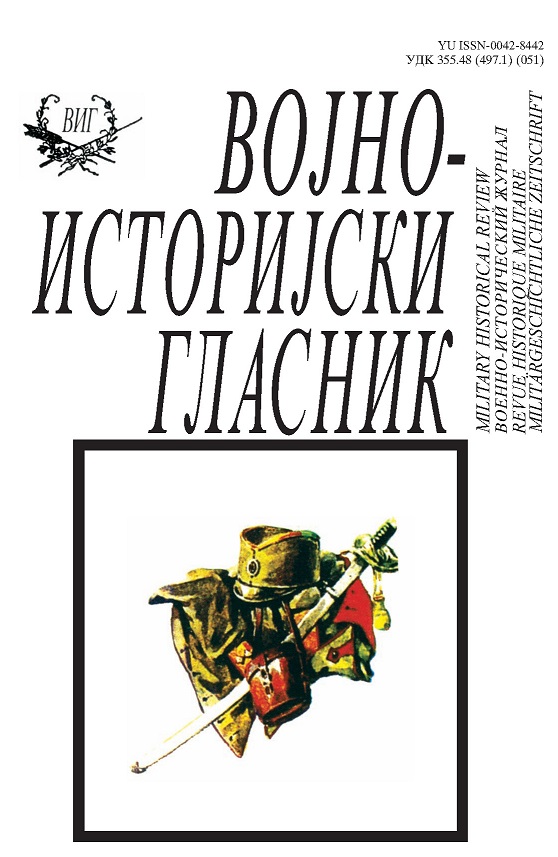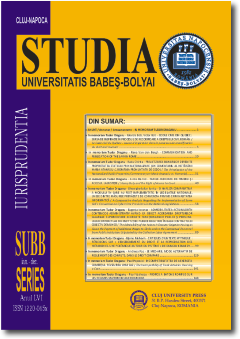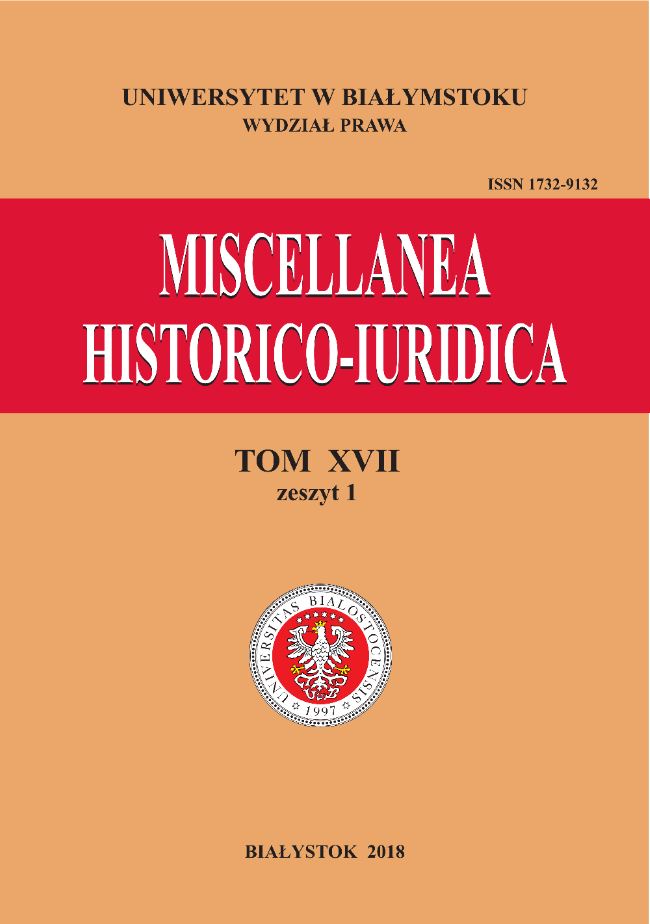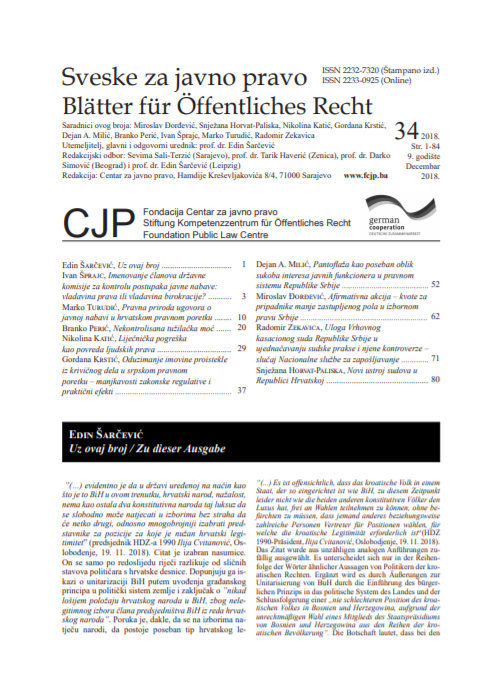
Imenovanje članova državne komisije za kontrolu postupaka javne nabave: vladavina prava ili vladavina birokracije?
The paper examines the regulation of appointment of the members of the State Commission for Supervision of Public Procurement Procedure according to the Act on the State Commission for Supervision of Public Procurement Procedure. The author criticises existing legal norms from the perspective of relevant constitutional and international agreements' norms. The lack of appropriate procedures indicates the potential violations of rights of the interested citizens as well as it points to excessive discretion of the authorities. Finally, it is recommended to enact the necessary procedures.
More...
